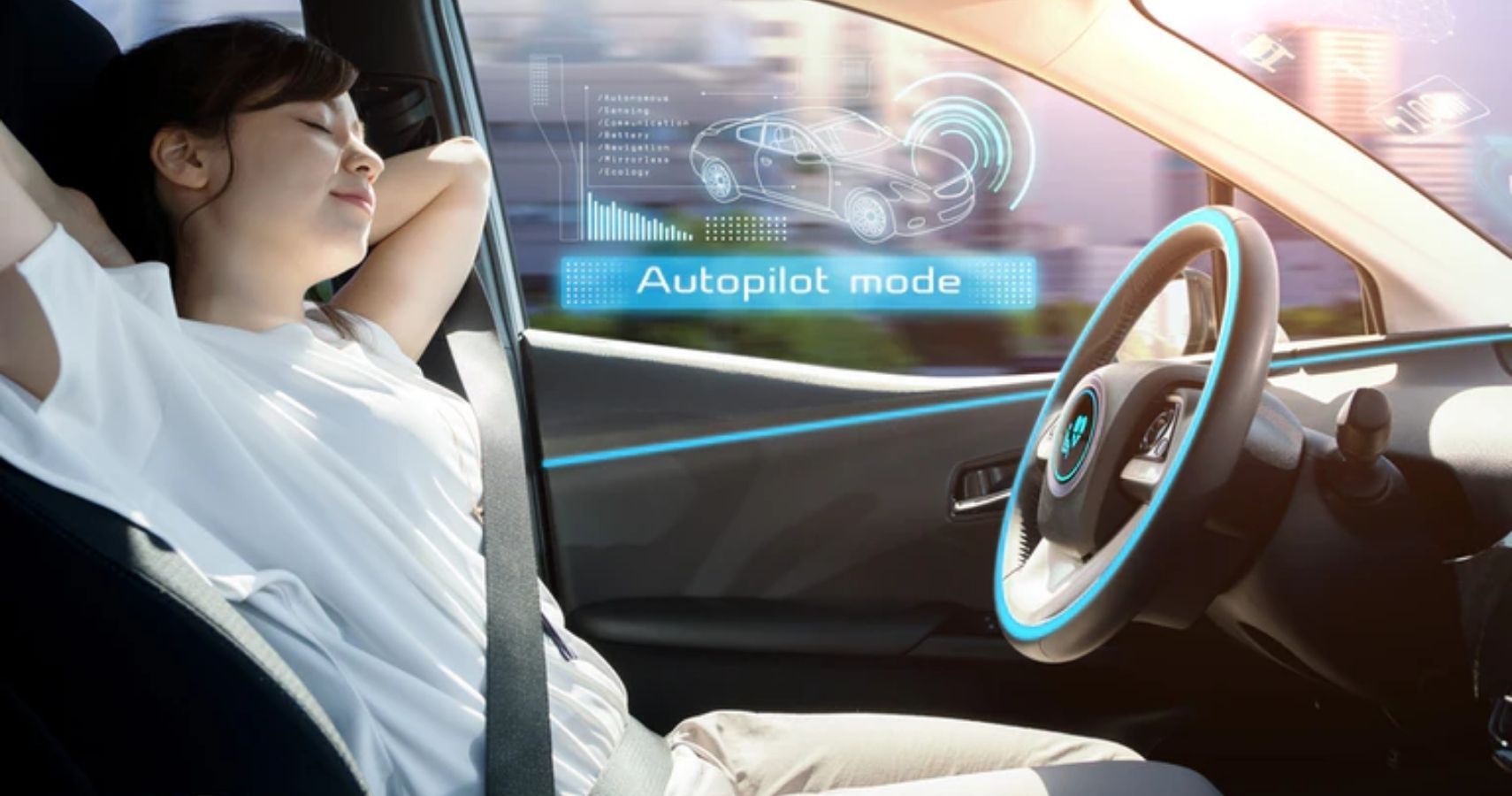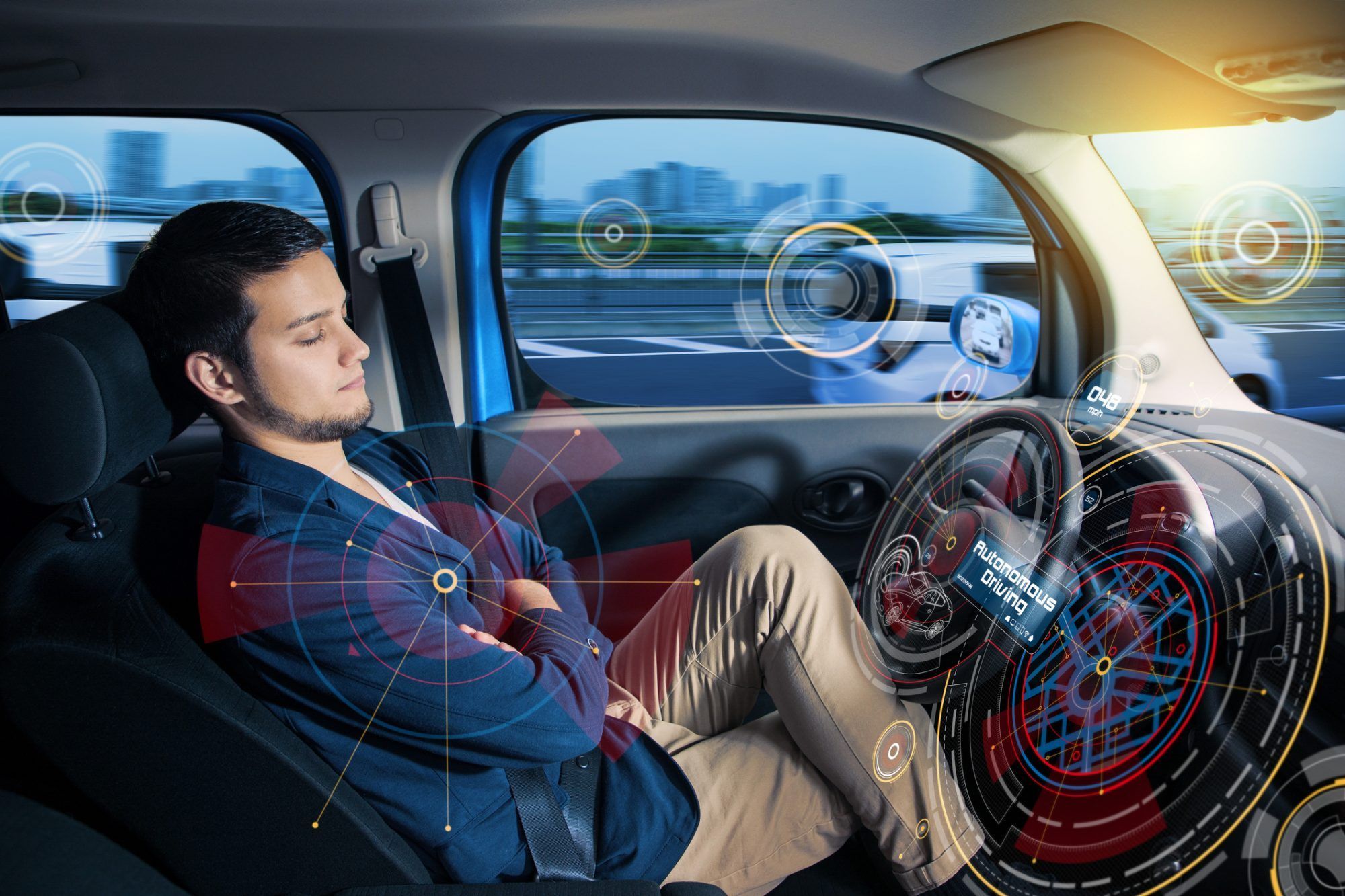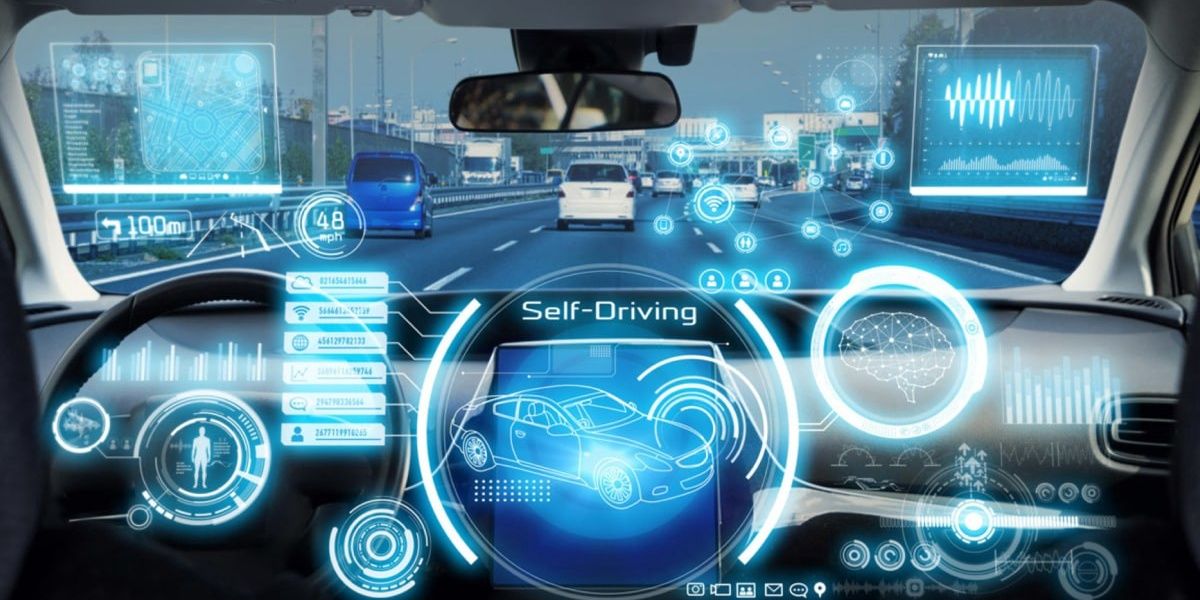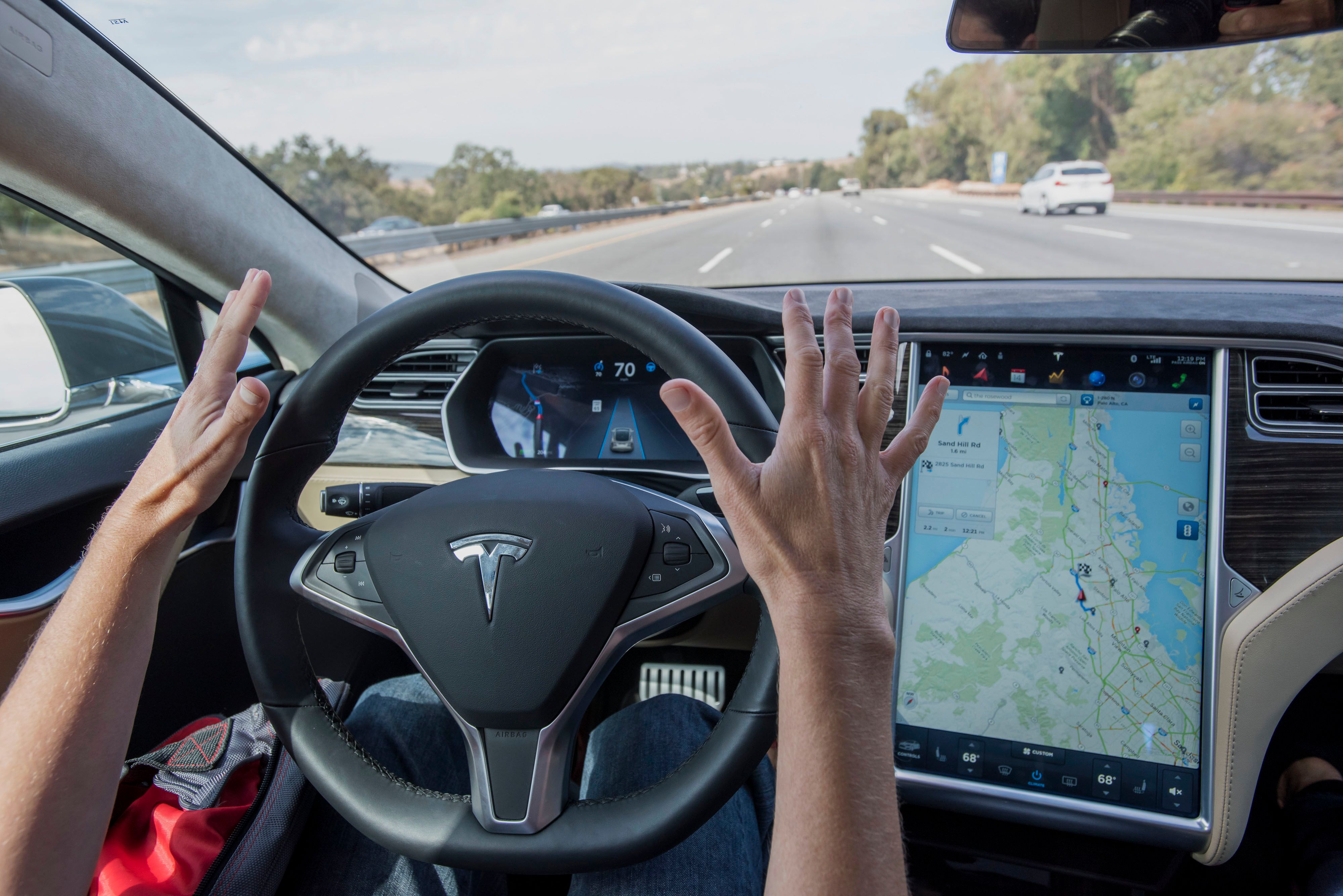Since the 1980s, Hollywood has been seducing us with the idea of fully-autonomous cars. In dystopian movies like The Fifth Element, Minority Report, and I, Robot, viewers get to see a future in which self-driving cars become a reality. Impressively, some of these cars even fly and seem way smarter than humans. For decades, consumers have been dreaming about the day in which driving licenses are not a requirement anymore because their vehicles take them from point A to point B with no human input.
To be fair, it didn’t help that automakers like Tesla over-promised and under-delivered. This summer again, Musk announced that the self-driving Tesla could be ready by year-end. But the reality is more nuanced than what Musk is promising, and consumers have grown tired of his enthusiasm for questionable projects. Remember Tesla’s humanoid robot, which was unveiled recently and industry experts branded it a “utter scam”?
Fully autonomous vehicles appear to be another corporate scam because, despite major announcements and promises, no automaker has yet to release a self-driving car. However, even those that tried to come close to the notion have failed miserably. Take for example, Tesla’s Autopilot scandal and ongoing investigation into fatal crashes - the driving-assistance feature doesn't appear to live up to Musk's promises of high quality. Meanwhile, Ford, GM, Baidu, Tesla, and Alphabet have devoted years of R&D and invested billions of dollars into developing fully-autonomous cars, but with no success. So, here’s why fully-autonomous cars won't be a common sight on the roads anytime soon.
Why Fully-Autonomous Cars Won't Be Available Soon: The Technology Is Not There Yet
As much as we would love to live in a Minority Report-kind of reality, the tech and infrastructure are not there yet. Although we need to give credit to the movie for predicting some retail and technology trends that are currently underway, such as personalized re-marketing, facial recognition shopping, and gesture-based user interface. However, self-driving cars are still a Hollywood fantasy instead of becoming a commonplace reality. Currently, technology is not keeping up with what corporations have promised.
“In 2017, Volvo declared a goal that no one would be killed or seriously injured in any of its vehicles by 2020,” says Property Casualty 360. “Nissan promised ten new autonomous vehicles in the next four years, and Elon Musk predicted that within one or two years you would be able to summon a Tesla from the other side of the country.” Needless to say, these turned out to be hollow promises. Even the most advanced technology is failing us in the self-driving department.
According to Bloomberg, the current autonomous driving cars have trouble navigating obstacles like roadwork, “animals, traffic cones, crossing guards, and what the industry calls unprotected left turns.” Even worse, the driver-assist systems available on the market seem far more dangerous than humans as they are susceptible to environmental conditions.
“Vehicle safety systems rely on sensors and cameras to see road markings, other cars, pedestrians, and roadway obstacles. So naturally, they are more vulnerable to environmental factors like rain,” said Greg Brannon, AAA’s director of automotive engineering and industry relations.
Why Fully-Autonomous Cars Won't Be Available Soon: Regulations And Safety Concerns
“Despite claims to the contrary, self-driving cars currently have a higher rate of accidents than human-driven cars, but the injuries are less severe,” says The National Law Review. “On average, there are 9.1 self-driving car accidents per million miles driven, while the same rate is 4.1 crashes per million miles for regular vehicles.”
The National Law Review suggests that it might be difficult to identify the responsible party for an accident caused by a self-driving vehicle. Furthermore, dealing with the liability of the automaker is more complicated than it first appears, so even if one side has identified where the violation occurred, the matter will have to be heard in court. Naturally, this will be an expensive and time-consuming process.
Why Fully-Autonomous Cars Won't Be Available Soon: Huge Research and Development Costs
CNBC points out that tech companies like Cruise, Waymo, and Baidu have spent billions of dollars and years of research and development perfecting the tech behind fully-autonomous cars. But after plundering billions of dollars, these businesses still failed to deliver the desired outcomes.
In 2020, tech-news websiteThe Information has established that 30 companies have spent at least $16 billion on R&D for fully-autonomous cars. To make matters worse, industry experts and researchers argue that self-driving vehicles are “one of the most hyped technology experiments of this century,” but this hype comes with billions of dollars of investments, and there is no end in sight for the financial assistance needed to launch the sector.
“It’s a scam,” George Hotz, President of Comma.ai Inc, told Bloomberg. “These companies have squandered tens of billions of dollars.”




